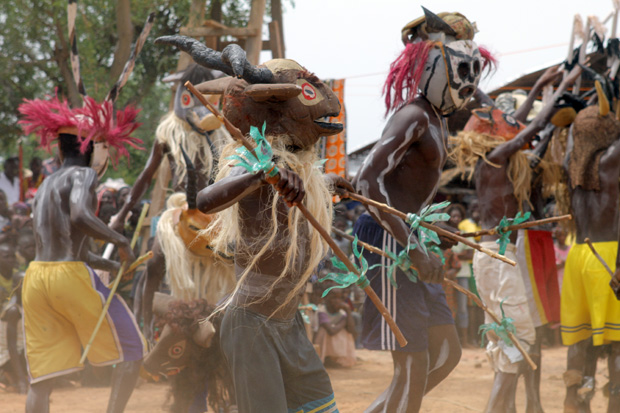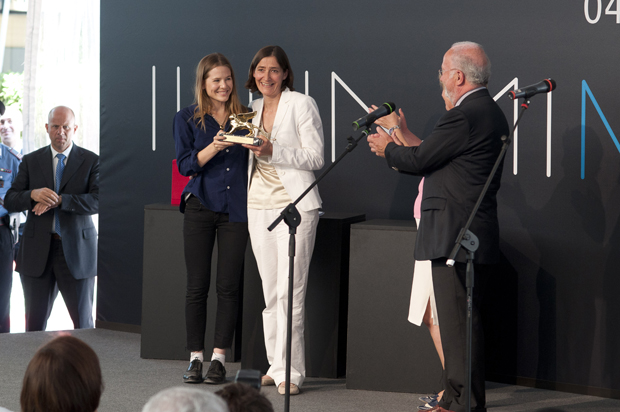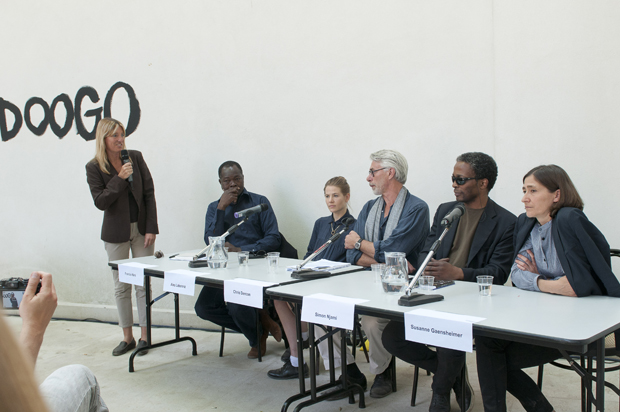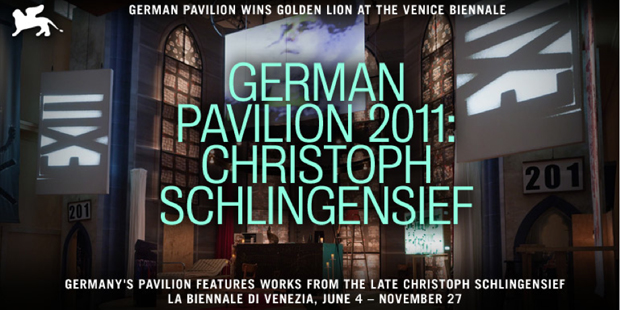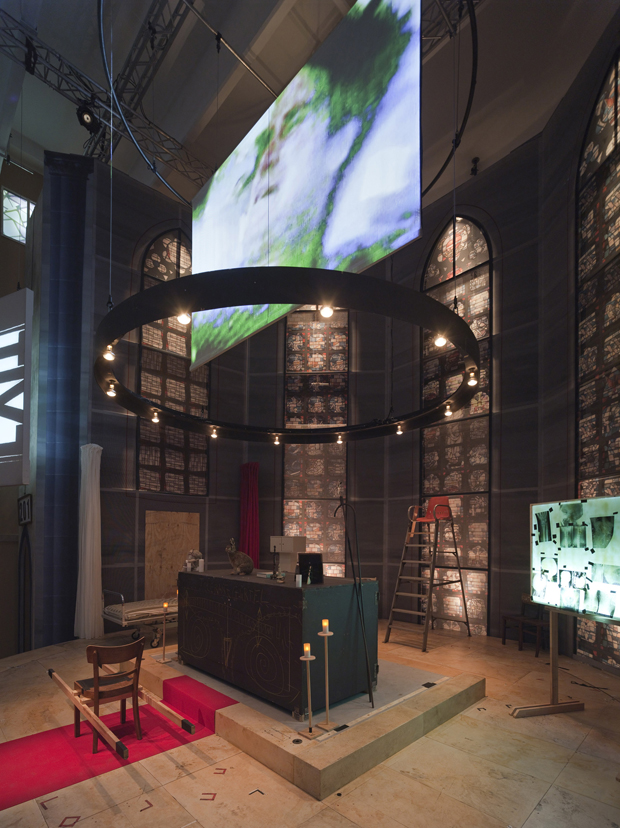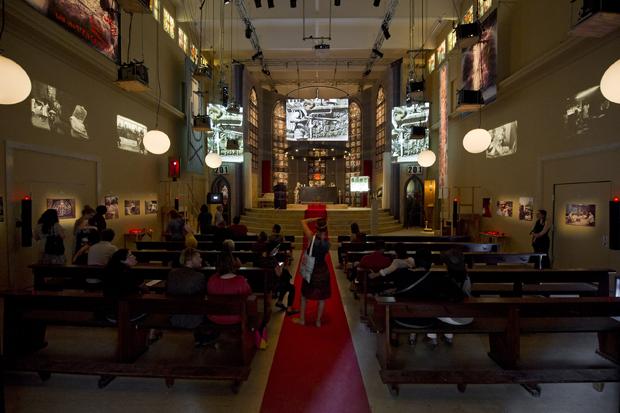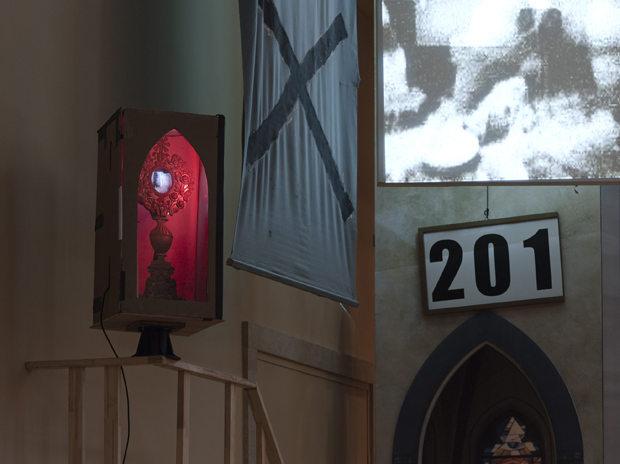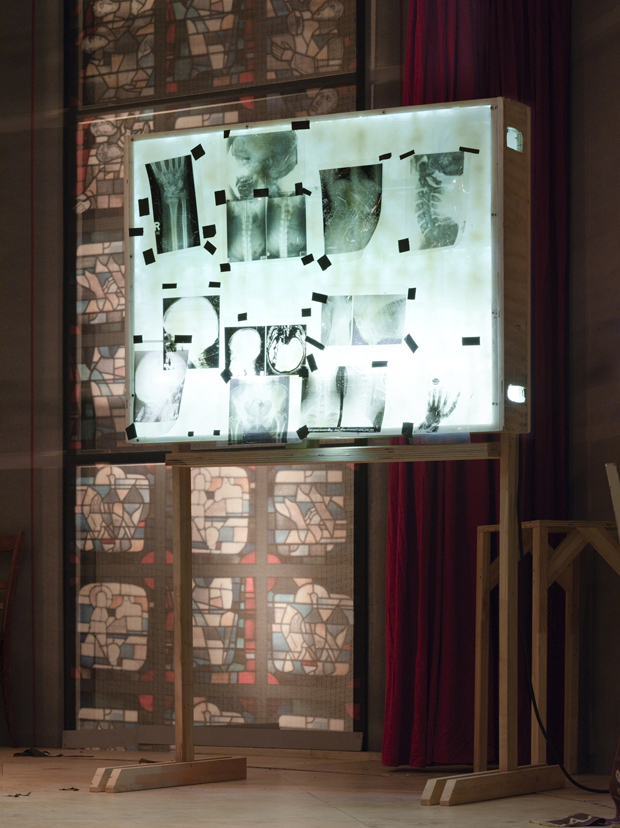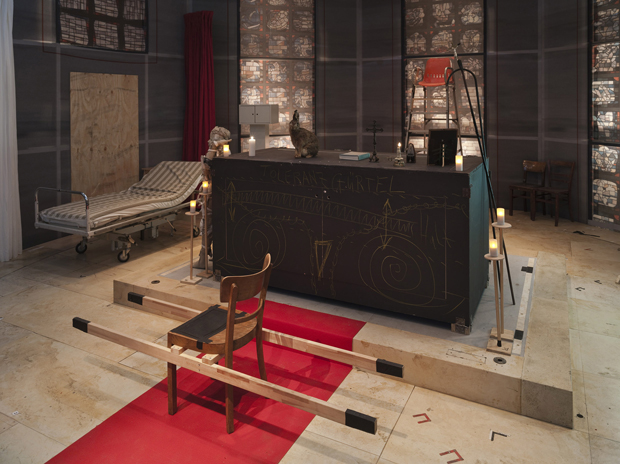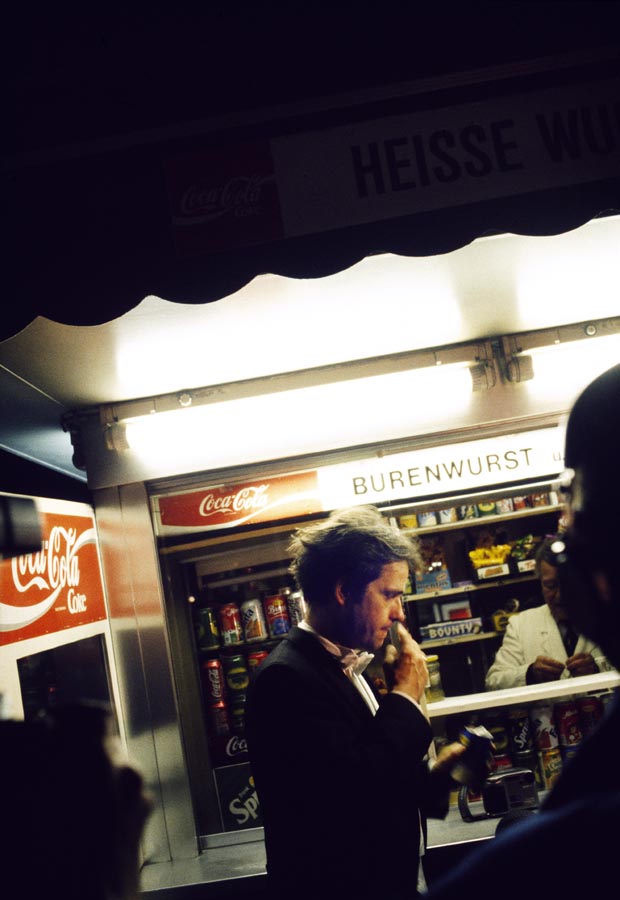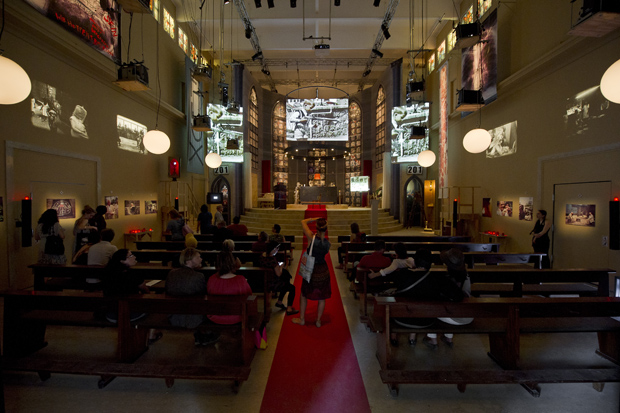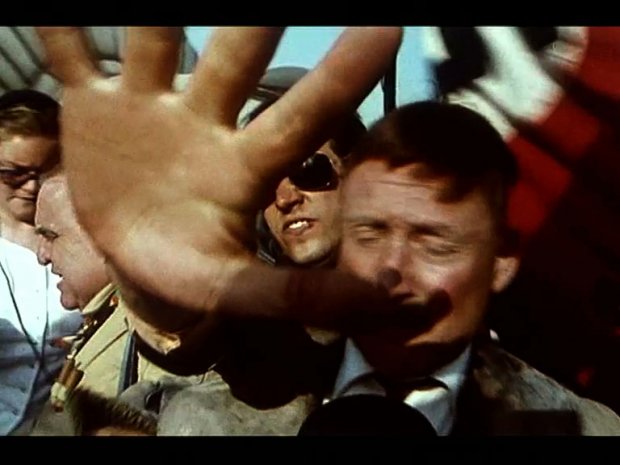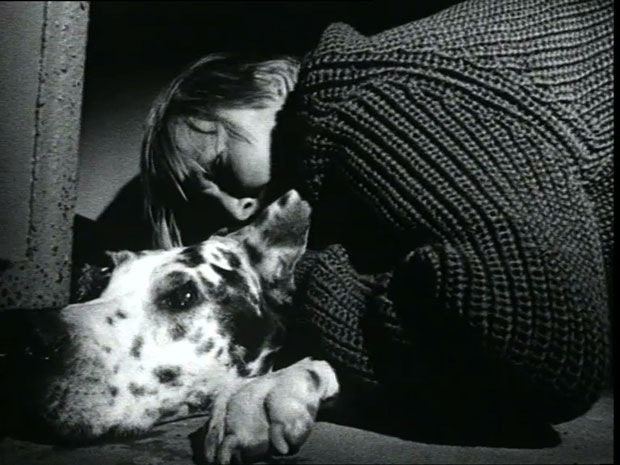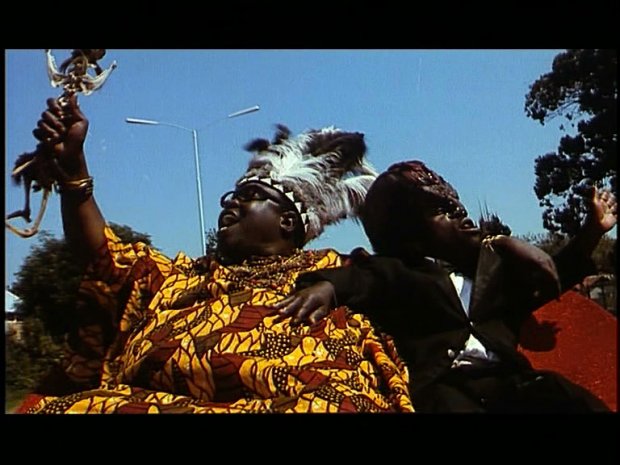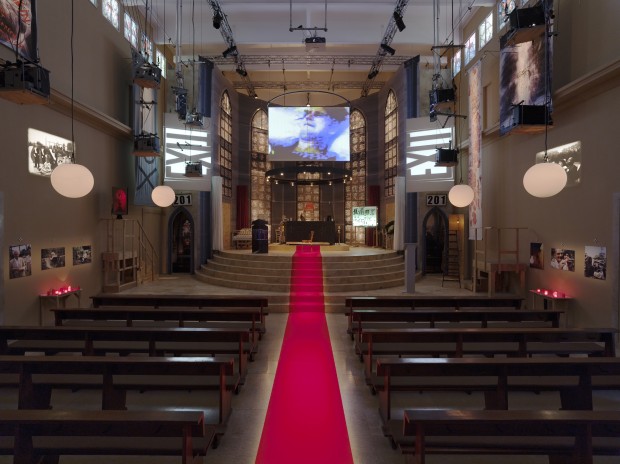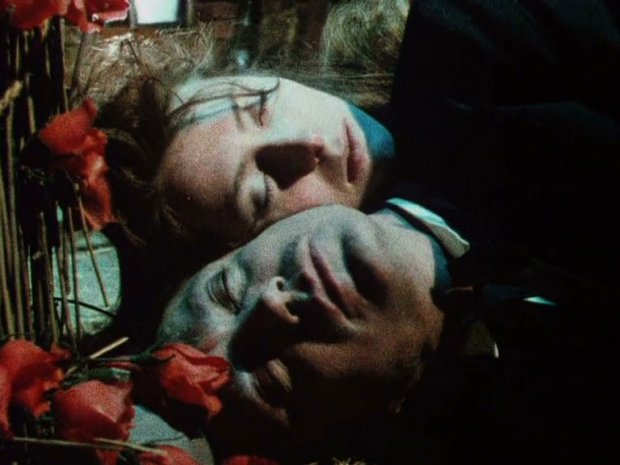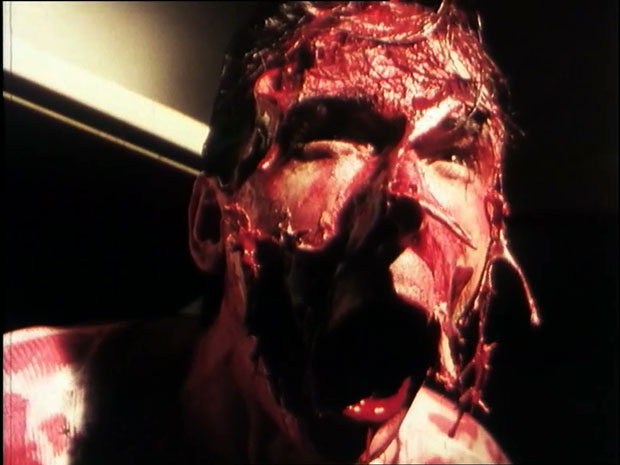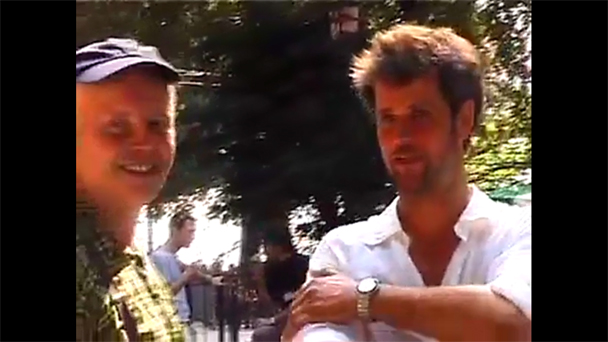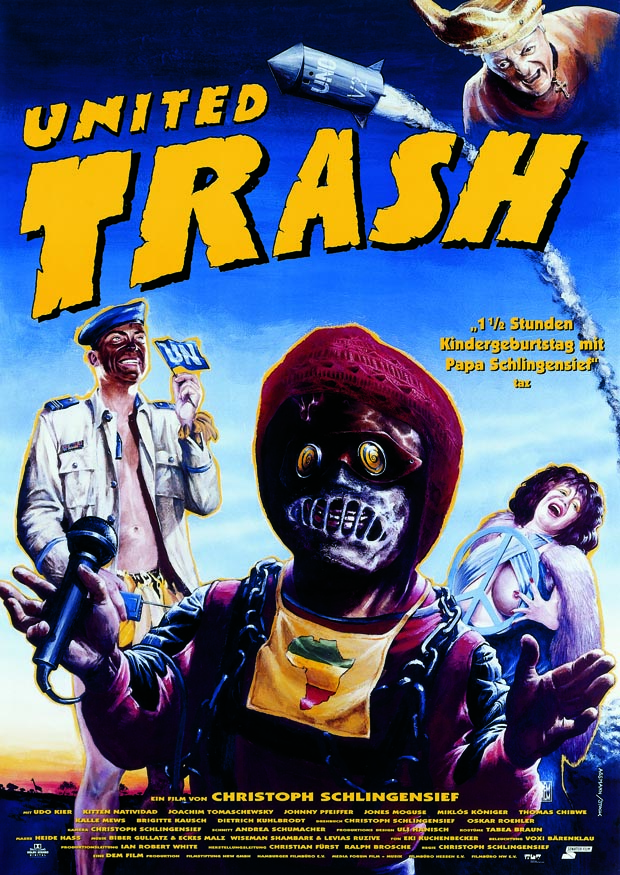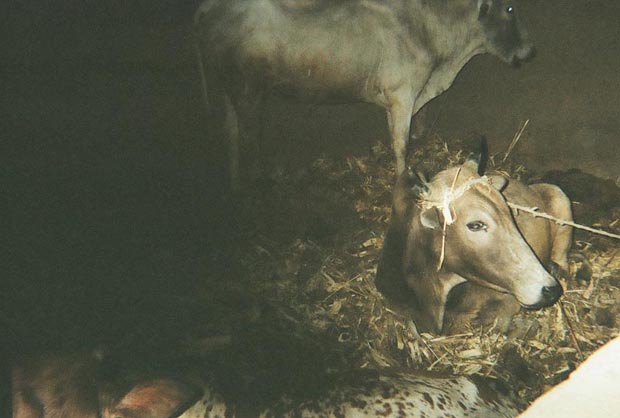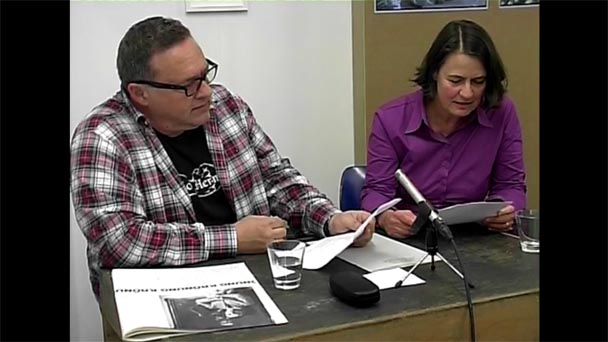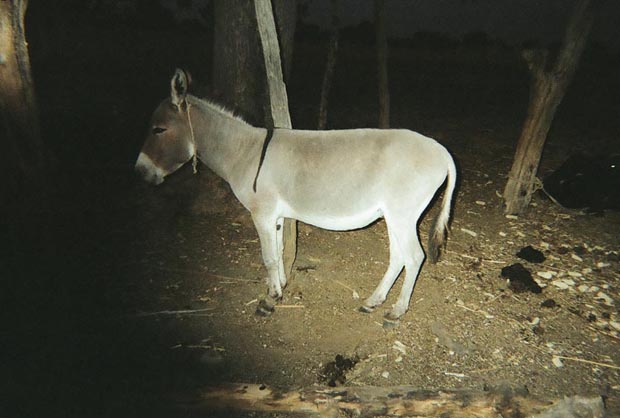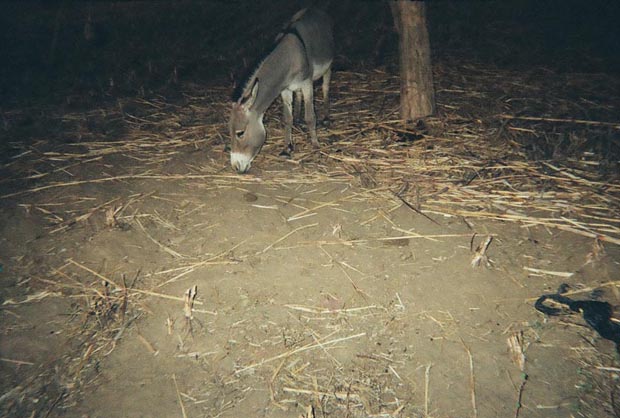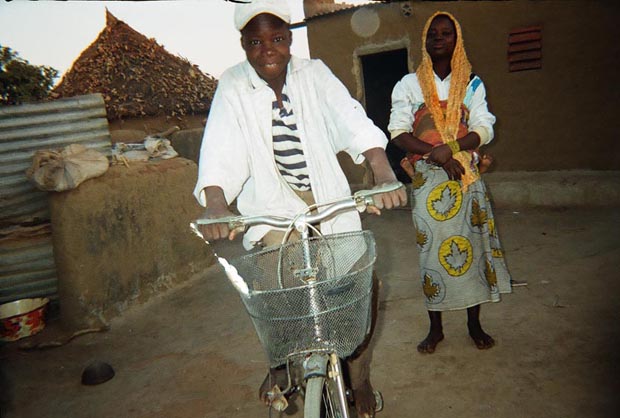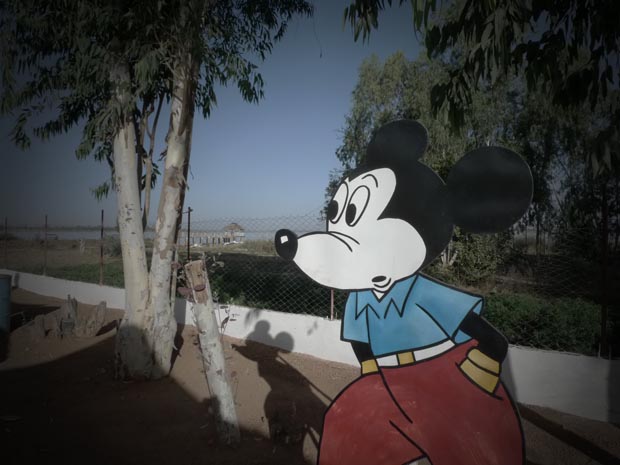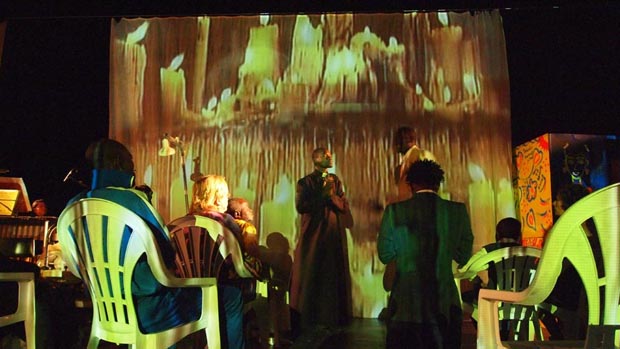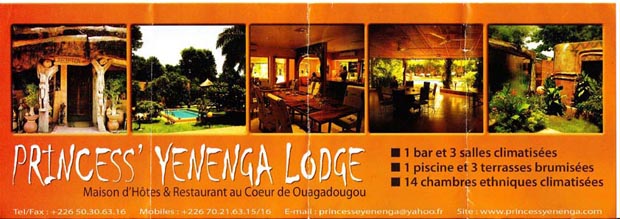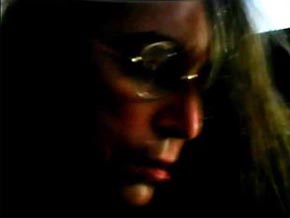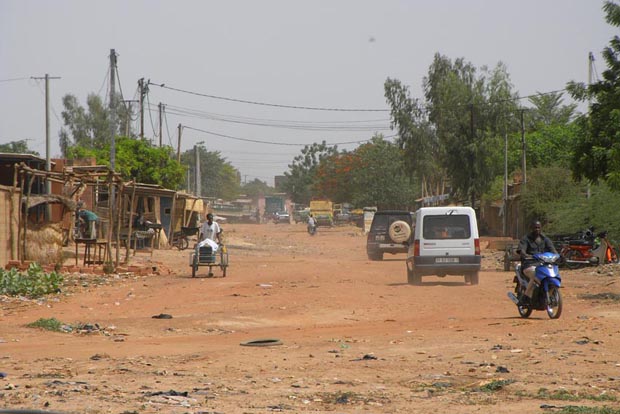Christoph Schlingensief pursued his idea of an opera village in Burkina Faso passionately. He imagined it as a “social sculpture,” a place of encounters and of dialogue. The Goethe-Institut supported Schlingensief in this project from the very beginning and continues to be committed to its development. In March, it began the “Conversations” series in Ouagadougou: workshops and discussions both in Africa and in Europe intended to support the realization of the opera village by providing creative stimuli and promoting inner-African dialogue. Now, on 2 June the second meeting will be held at the German Pavilion. Planned participants include Aino Laberenz, Susanne Gaensheimer, Francis Kéré, Chris Dercon and Simon Njami.
Near to Ouagadougou, the capital of Burkina Faso, an opera village is being built – with a school, infirmary, stage, cafeteria and accommodations for the artists – on a rocky hill from which one has a view across the dry savannah landscape. Christoph Schlingensief pursued his idea of an opera village in Africa with great passion. He imagined it as a “social sculpture,” a place of encounters and of dialogue, a place that eliminates the division between art and life and where the local needs are addressed. In the process, Christoph Schlingensief repeatedly broached the issues of his search, his doubts and his exasperation in the realization – lastly in the play “Via Intolleranza II,” in which he worked with actors from Burkina Faso. The Goethe-Institut supported Christoph Schlingensief in this project from the very beginning, not merely financially, but also by accompanying him in the search for the right location through Cameroon, Mozambique and Burkina Faso and setting up connections to partners such as the architect Francis Kéré. This partnership will now be continued with his wife Aino Laberenz, his friends and his fellow workers at opera village gGmbH.
In the realization of this idea, Schlingensief dealt very intensively with the difficult relations between Europe and Africa, which are characterized by neo-colonial structures. The issues are also of great significance for the work of the Goethe-Institut. How can cultural dialogue take place at eye level if a country is dependent upon European subsides? How can we alter our own associations about others with new images? How can encounters between artists be devised in which each considers themselves a learner? And how does an art form change when it is shown and received in an entirely different context? Cultural dialogue also always involves the ability to be able to challenge ones own assumptions. Like hardly any other artist, Christoph Schlingensief demanded that we ought not to make ourselves too comfortable on the basis of origins.
Since March 2011 the Goethe-Institut has been holding the “Conversations” as a series of workshops and public discussions accompanying the genesis of the opera village. The conversations take place both in Africa and in Europe in order to address the different perspectives and interests associated with the opera village. They postulate and abandon ideas and reflect on the many contradictions and misunderstandings that are elements of cultural encounters. The series is meant to support the realization of the opera village through creative stimuli and interventions, with the Goethe-Institut’s role being to create platforms for inner-African dialogue. In the long term the conversations will serve as the basis for future alliances, which will take place in the opera village with the support of the Goethe-Institut in educational and art projects.
The series was begun in early March in Burkina Faso at the FESPACO African film festival through events with representatives of the Burkinabe cultural world. Now, at the opening of the German Pavilion in Venice a public Village Conversation will be held in an international art context, where Schlingensief’s work is present and the opera village is seen as his last major project and a significant part of his life’s work. Invitations to take part in the conversations have gone out to the architect Francis Kéré, Schlingensief’s wife Aino Laberenz, pavilion curator Susanne Gaensheimer and curator and art critic Simon Njami. Generally, the Goethe-Institut is promoting the 2011 German Pavilion at the Biennale in Venice with substantial funding.
Event: 2 June, 4 PM (t.b.c.) at the side wing of the German Pavilion at the Venice Biennale
